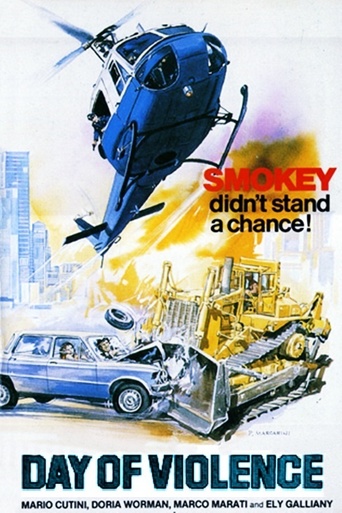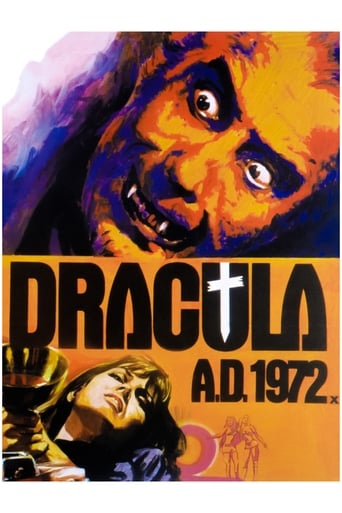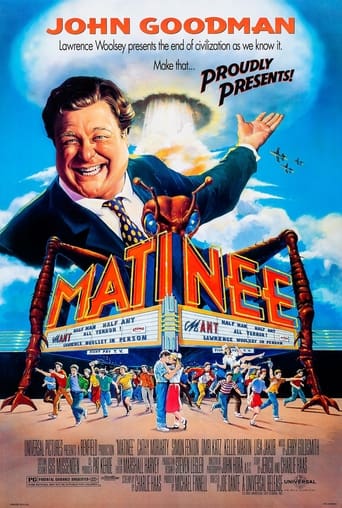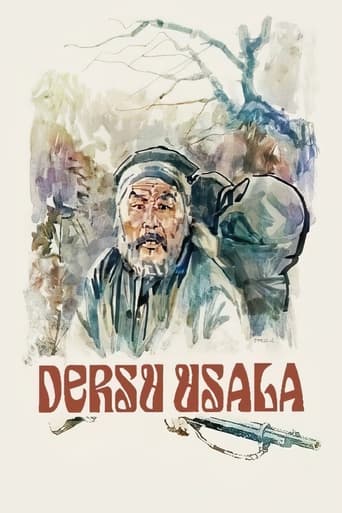


Dersu Uzala
A military explorer meets and befriends a Goldi man in Russia’s unmapped forests. A deep and abiding bond evolves between the two men, one civilized in the usual sense, the other at home in the glacial Siberian woods.
-
- Cast:
- Yuriy Solomin , Maksim Munzuk , Mikhail Bychkov , Vladimir Kremena , Aleksandr Pyatkov , Svetlana Danilchenko , Suimenkul Chokmorov


Similar titles
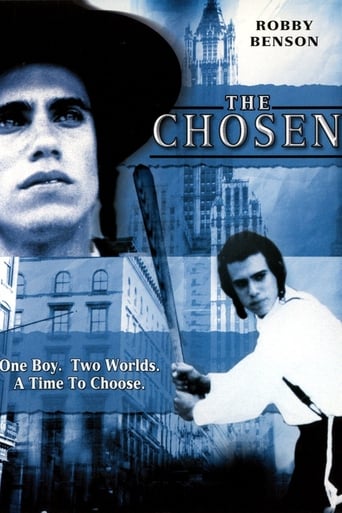
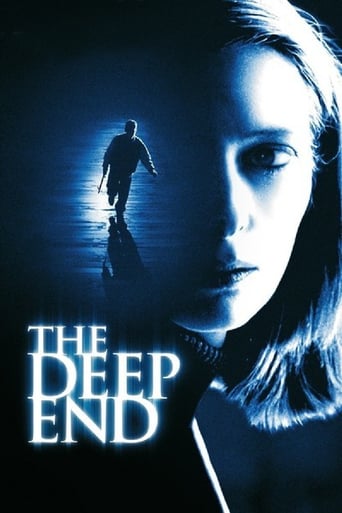
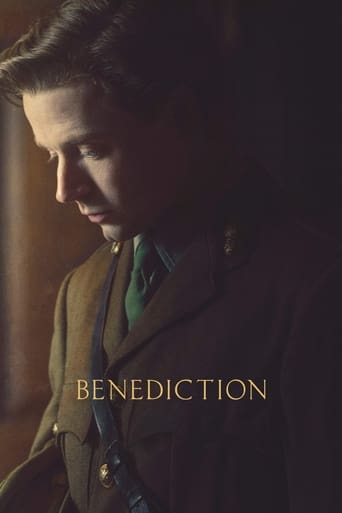

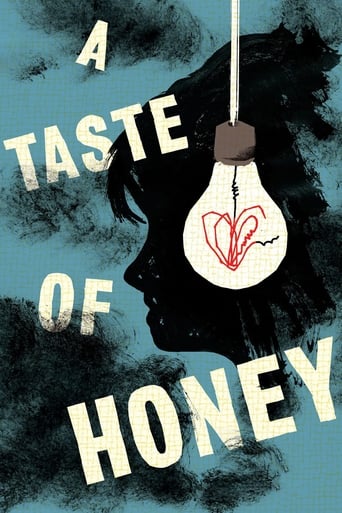
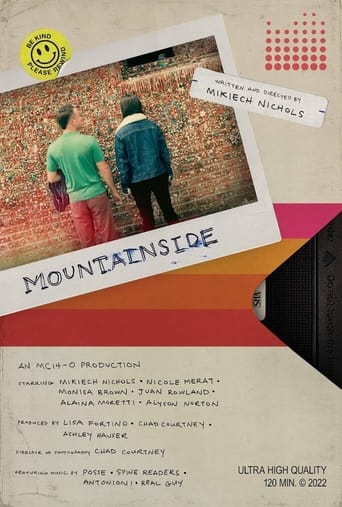

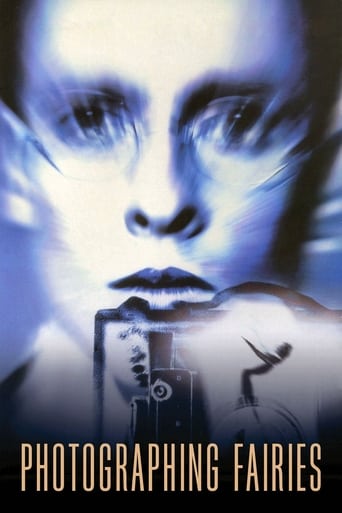
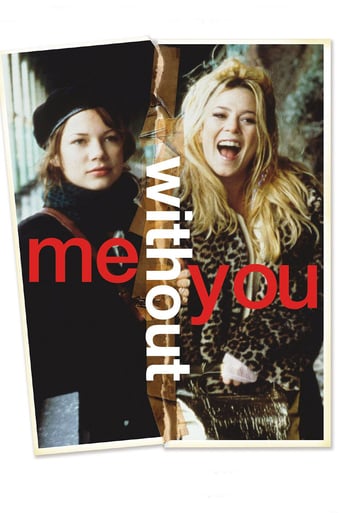
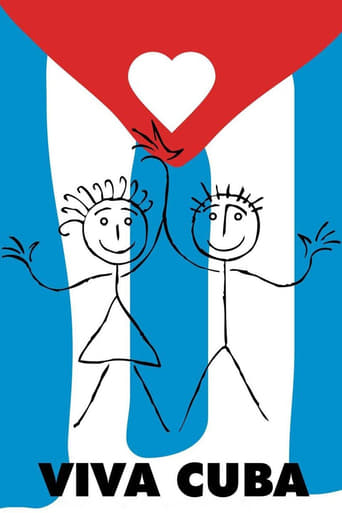
Reviews
one of my absolute favorites!
Film Perfection
Excellent but underrated film
Fun premise, good actors, bad writing. This film seemed to have potential at the beginning but it quickly devolves into a trite action film. Ultimately it's very boring.
It is extraordinarily beautiful film. Maksim Munzik stars as Dersu, a lonely hunter with lots of 'nature's street smarts'. He befriends with the Russian army captain who leads the team of explorers in Siberia. 'Dersu Uzala' is a tale about survival and man's ancient quest to conquer nature. It's also a tale about finding your own soul. While Dersu leads army captain and his men through rough terrains (doing it without any interest getting personal gains) he tells them about forest, and amazes them with his positive and seemingly naive (very wise, actually) outlook on life. Respect towards man and animals, living or nonliving - Dersu calls everything men or people (ljudi).Very beautiful film, but not only because of magnificent cinematography or Akira Kurosawa's masterful direction, but more because of the beautiful soul of Dersu.
While at first for me it was a bit strange watching a Kurosawa film that didn't have Japanese actors or language (it's not a racist comment, I don't think; seeing his staging and framing without Japanese people, if you've seen a lot of his films can be a bit off- putting at first) the movie grows on you and you start to accept everything that's being chucked at you.The characters of Arseniev and Dersu are just pleasant to watch. You feel they really care for each other, as Arseniev is very accepting and understanding of the way of live that he has never confronted before in meeting Dersu. They just get along so well and love and respect each other so much and in every way, it's hard not to like watching them interact and go through situations together.You never see Dersu without Arseniev close to him in his life (either in context of their lives or physically), as the story is told from Arseniev's perspective, the years which Dersu wanders as Arseniev briefly returns to society in the middle of the film remains untold; but you do see Arseniev in the absence of Dersu (even if only for brief lapses) but you do feel the absence and wait in anxiety for Dersu to make his way back into the story.There's one bit at the beginning of the 2nd segment of the film, where Arseniev is told by one of his men that he came across a hunter, but when the hunter asked the name of the leader of his unit he was not allowed by regulations to tell him who his commander is, Arseniev then rushes into the forest and in frame there is a far off speck of a man climbing through the brush and as you hear Arseniev shout "Dersu!" hearing Dersu reply, "Captain!" as they rush to hug each other is just such a heartfelt moment. Towards the end of the film, Dersu's eyesight fails and accepts that he cannot keeping living off the woods like he has his whole life and Arseniev offers him a place in his own home, back in the city, which Dersu accepts. After a time, it becomes apparent to both of them that Dersu's soul is being broken as he tries to adapt to society and he cannot live as freely as he's used to, so he breaks the news to Arseniev that he must go back to the forest. Arseniev without saying a word, walks offscreen and goes upstairs and brings back his new rifle of the latest model and gives it to Dersu without a second thought. And the fact that Arseniev is so accepting of Dersu's choice and doesn't take offense to his leaving but accepts his decision and supports him is the heart of the movie.The movie seems to be about the end of an era and in the ever- progressing society that we live in, Arseniev discovers this life- force that walks to the beat of it's own drum even as everything progresses and becomes more civilized. Well that's how I explain the beginning of the movie and everything that follows.The cinematography and the editing are gorgeous, by the way. And, of course, the direction. The lighting CAN be a bit BIT outdated, like when they film night scenes by the campfire, but it's such a good movie anyway.
Winner, Best Foreign Language Film, 1976.Kurosawa's best film in color. It is one of the most beautiful movies ever made. Kurosawa takes you to the colorful and picturesque forests of Siberia; a treat to sore eyes.Dersu, a hunter in the forest, is a true son of the forest. He converses with all the life forms and treats them as fellow men with respect and fear. The soldiers ridicule his old-fashioned behavior but the captain sees him more than his customs- as a professional hunter and a guide. Dersu leads the troop into the Siberian forests, leaves them spellbound with his perfect aiming of the gun and his ever-alert ears that would sense even the faintest of the sounds. Dersu saves the life of the captain when they get lost and are caught in a fierce storm and the design of the cave-like-structure that saved captain's life further increases the admiration the captain has towards Dersu.Years later, the captain leads another troop on an exploration into the forest and the soldiers happen to meet Dersu. Dersu becomes a senile, crotchety codger and his sharp eyesight diminishes. He is persuaded by the captain to rest at his place in the town but he feels he doesn't fit among the fast-moving and weird world where people pay for water. He is later found dead after being killed by a thief who stole the gun gifted by the captain and the captain performs the obsequies in respect for their friendship.
This is a great movie. As noted by other reviewers, the cinematography is fantastic. I saw it on DVD on a large screen and it was majestic. My comment is not so much on the movie effects and the acting, all of which has Kurosawa's signature of an art film, but on the complicated message that it weaves. So complicated that it is hard to see if you watch the film once. Ursu is a clever man because he knows the forest, but in the city he is not clever at all. On the contrary, he stumbles on inane things such as paying for water to the water delivery man, or trying to fire his rifle in the middle of the city or trying to camp on a curbside. It is as if the man is very good in certain contexts and not good at all in other contexts. Now, if you think about it, the same can be said of any one you know, unless he happens to be Albert Schweitzer. The Being is the sum of a man and his milieu. Captain Arseniev is not very good in the forest. He makes many mistakes and Ursu must lend his helping hand on many occasions to save poor captain from his own follies. In the city he seems to be doing OK, with a nice house, a beautiful wife and a real cute boy. So what would the good captain think is good for Ursu? Obviously, what is also good for him: city life. And he takes the man who saved his life to the city, to his house, but that breaks the sum of man and milieu, and the Being becomes miserable. Then the captain finally gets it and lets Ursu go back to his world of hunting in the forest he loves so much. But the captain botches it up again. To express his love for Ursu, he gives him a great rifle and that will bring death on Ursu because other greedy people would kill Ursu to get his rifle. Captain Arseniev knows that Ursu's eyesight is going downhill so a great rifle would not do as much good as a pair of glasses. Captain Arseniev also knows that the forest is inhabited by evil people and has seen the damage and pillaging that nasty guys to do animals and people in the forest. But he sends a half-blind mind with a valuable possession to a place infested with thieves. The end was easy to predict: Ursu will be killed by thieves who want his rifle, which is exactly what the bureaucrat at the crime scene tells Arseniev. The moral of the story is that you should not try to make other people happy with things that make you happy, unless you both share the milieu where the happiness occur. Arseniev should have learned to appreciate the Being, the sum of man and milieu, rather than the man alone. Kurosawa is inviting us to be more thoughtful when we try to do good.

